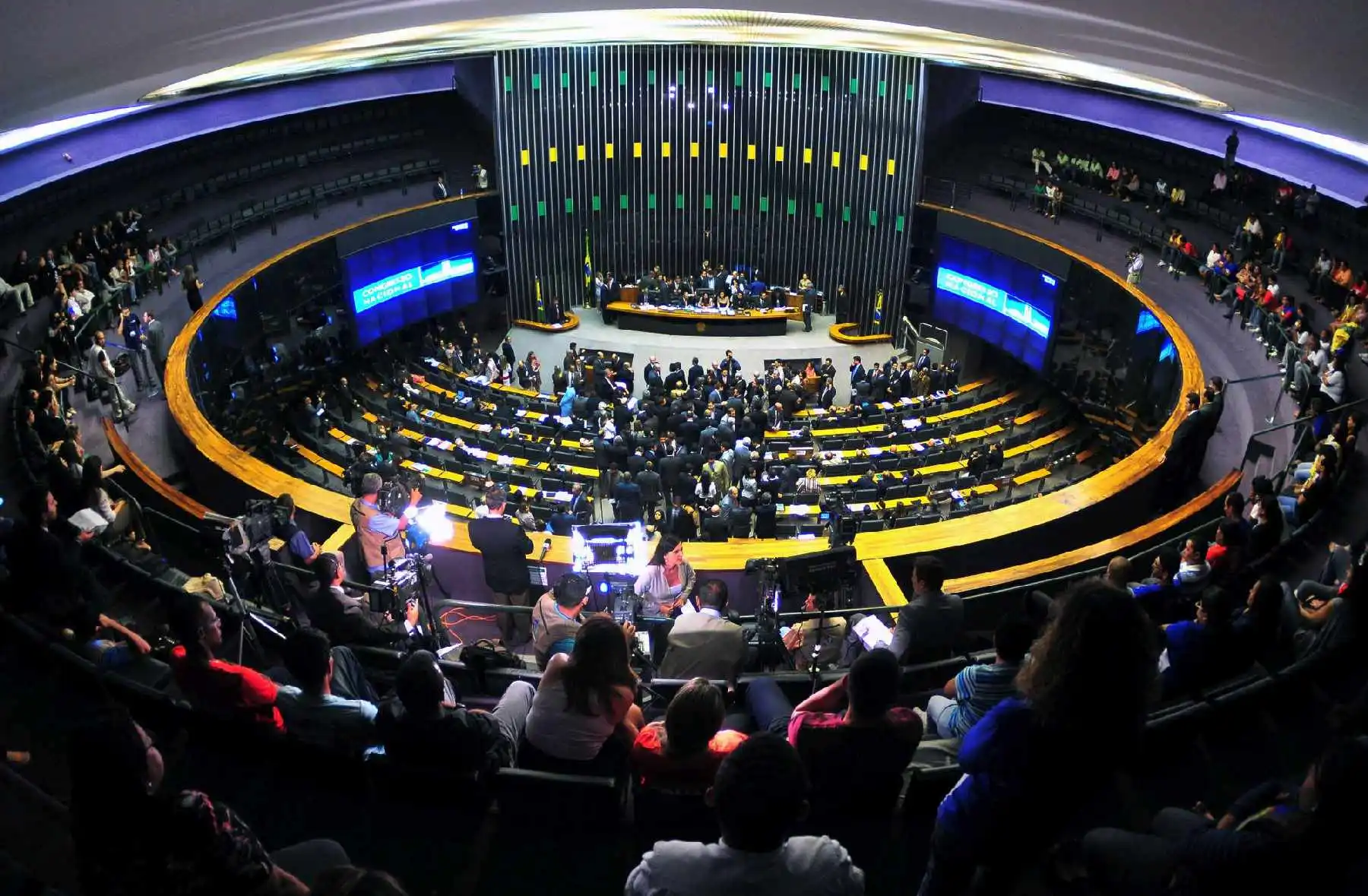(Opinion) In a recent twist, the opposition in Brazil’s Congress decided to cease their blockade.
Initially, the move aimed to protest the Supreme Court’s involvement in legislative issues.
Liberal Party (PL) leader Altineu Cortez revealed that they met with Senate President Rodrigo Pacheco.
They collectively agreed that the blockade had positively influenced the progression of opposition-backed bills.
Significant proposals have advanced thanks to this obstruction. One is a constitutional amendment limiting the powers of individual Supreme Court judges.
Others include legislation on drug criminalization and proposals affecting Supreme Court justice terms.
With these making headway, Cortez announced the opposition’s decision to lift the blockade. “We will persist in defending parliamentary balance and justice,” he assured.

Opposition leader Carlos Jordy shared a similar sentiment. After meeting with Pacheco, he felt reassured about the Senate’s commitment to uphold legislative rights.
He also voiced hope that House Speaker Arthur Lira would align with this perspective. Adding to this, Marcel Van Hattem expressed gratitude to fellow lawmakers.
They had rallied behind the blockade to preserve the independence and balance between governmental branches.
Likewise, Pedro Lupion, another supporter of the blockade, emphasized its success. He assured that important issues will now get the focus they merit in legislative debates.]
Larger Struggle For Legislative Independence
Now, let’s delve into context and history. The opposition’s blockade wasn’t a knee-jerk reaction but part of a larger struggle for legislative independence.
The tactic of obstruction is often employed to draw attention to critical issues. In the United States, filibusters serve a similar purpose.
However, it carries risks, such as public backlash and legislative gridlock. Yet, when executed smartly, it can be a potent tool for change.
In this instance, the obstruction spotlighted concerns and accelerated key bills.
Therefore, its suspension marks not a retreat but a calculated next step in a continuing saga.

